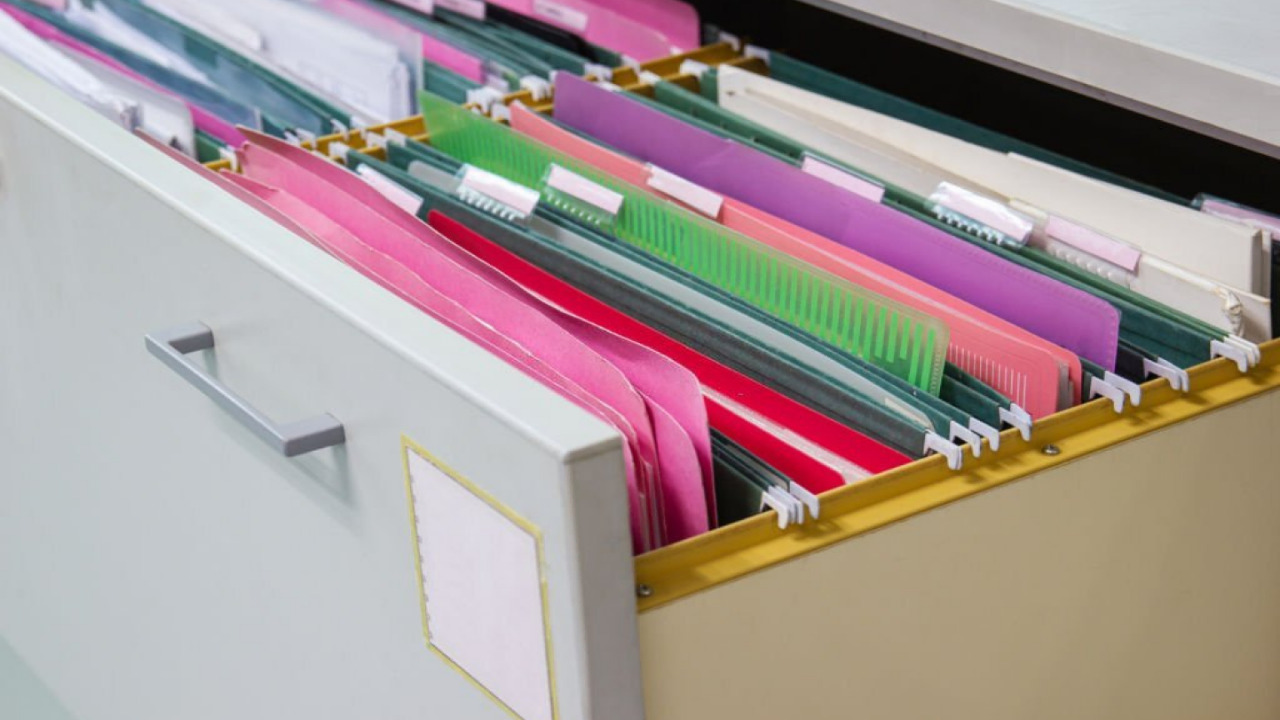Keeping your financial records organized is crucial for managing your personal or business finances effectively. By maintaining a systematic approach to organizing your financial records, you can easily track your income, expenses, investments, and taxes. In this article, we will discuss some essential subheadings to guide you on how to organize your financial records efficiently.
Gather and Sort Documents

Start by gathering all your financial documents in one place. This includes bank statements, credit card statements, investment statements, receipts, invoices, and any other relevant financial paperwork. Once you have gathered these documents, sort them into categories such as income, expenses, assets, liabilities, and taxes. To manage your documents even more effectively, make use of Pay Stub solutions for Georgia here.
Create a Filing System
To keep your financial records organized, establish a filing system that works for you. Use file folders, envelopes, or digital folders to separate and store your documents based on the categories you identified earlier. Label each folder or envelope clearly to make it easy to locate specific records when needed. If you prefer a digital organization, consider using cloud storage or financial management software to store and categorize your electronic files.
Track Income and Expenses

Maintaining a record of your income and expenses is crucial for budgeting and financial planning. Create a spreadsheet or use accounting software to track your income sources, such as salaries, freelance earnings, or rental income. Similarly, record your expenses, including bills, loan payments, groceries, and entertainment expenses. Regularly update your income and expense records to stay aware of your financial health and identify areas where you can make improvements.
Monitor Investments
If you have investments, it is important to track their performance and maintain relevant records. Keep a separate section or folder for investment statements, including stock portfolios, mutual funds, real estate investments, and retirement accounts. Periodically review your investment records to evaluate their growth and assess if any adjustments or rebalancing is required.
Maintain Tax Records

Organizing your tax records is crucial for accurate and timely tax filings. Keep a separate file or folder specifically for tax-related documents such as W-2s, 1099s, and other income statements, as well as receipts for deductible expenses. If you are a business owner, maintain records of business expenses, invoices, and receipts for tax deductions. Additionally, keep copies of filed tax returns and related correspondence for several years in case of any audits or inquiries.
Review and Archive Old Records
Regularly review your financial records and identify documents that are no longer needed for immediate reference. Archive older records by either storing them in a separate location or digitally scanning and saving them. Be mindful of any legal or regulatory requirements regarding record retention, especially when it comes to tax-related documents.
Back Up Your Records
To safeguard your financial records from potential loss or damage, make regular backups. For physical documents, consider using a fireproof safe or a safety deposit box at a bank. For digital records, use cloud storage services or external hard drives to create backups. Encrypt sensitive information and keep your backups secure.
By following these subheadings and maintaining a disciplined approach to organizing your financial records, you can simplify your financial management processes and have a clear picture of your financial situation. Regularly updating and reviewing your records will help you make informed decisions, ensure tax compliance, and achieve your financial goals with confidence.
